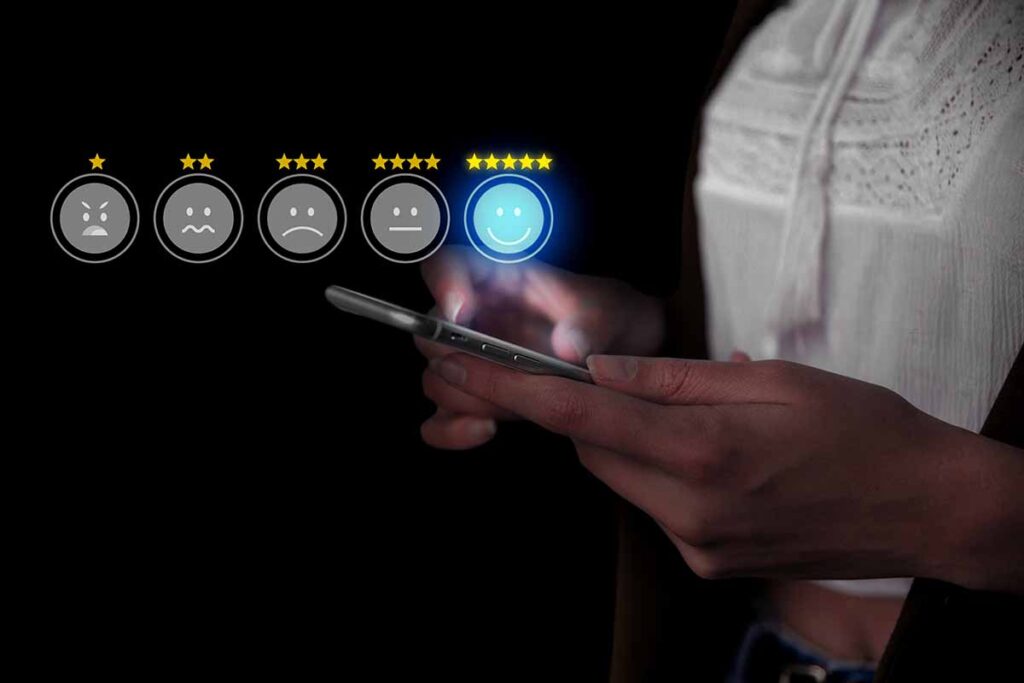Guest experience is obviously key to hospitality success and the hospitality industry is ever changing. Here are some guest experience statistics for 2024.
Guest experience is obviously key to hospitality success and the hospitality industry is ever changing, so keeping on top of the latest trends and statistics is key to enhancing guest experience. Exceptional guest experiences win awards and make industry leaders.
Consumer preferences are evolving as technology advances, and we have to adapt to keep ahead of the competition. When people are happy with a brand experience, they remain loyal and tell others about it. When they are unhappy, they move on – and tell others about it.
We’ve gathered some important guest experience statistics for 2024 to help you shape your operational strategies to create those exquisite experiences.
30 guest experience statistics for 2024
Travel & Hospitality Guest Experience Statistics
- 67% of consumers are projected to make their travel bookings online in 2024.
- Millennials (aged 30-44) make up the largest portion of “Wellness Worshippers, Leisure Seekers, Luxury Seekers, and Digital Travelers.”
- Luxury Seekers are most commonly found in countries across the Middle East and Asia Pacific, while Eco-Adventurers tend to be prevalent in both Asia Pacific and Europe. Cultural Explorers are predominantly found in Europe.
- There is a projected 15% growth in sales of sports tourism packages through travel intermediaries from 2023 to 2024. – Euromonitor
- 73% of travelers want to perform actions like booking reservations, checking in, and ordering room service on their smartphones.- Hotel Tech Report/Oracle
- International wellness tourists on average spent 41% more per trip than the typical international tourist in 2022.
- Domestic wellness tourists spent 175% more per trip than the average domestic tourist in 2022.- GWI
- 40% of hotel guests are likely to write a review after a positive experience.
- 48% of hotel guests are likely to write a review after a negative experience. – Review Trackers
- 76% of global travelers appreciate travel apps that reduce the friction and stress of travel. – Hilton
Wellness Statistics
- The global wellness market is now worth US$1.8 trillion (McKinsey)
- Around 50% of gym-goers say fitness is a core part of their identity
- 56% of US Gen Z consumers surveyed considered fitness a “very high priority” (compared with 40 percent of overall US consumers).
- 87% of Chinese consumers consider wellness a top or important priority in their lives, compared to 82% in the US and 73% in the UK
- Around 20% of UK consumers and 30% of US and Chinese consumers are looking for personalized products and services that use biometric data to provide recommendations.
- 58% of US respondents are prioritizing wellness more now than they did a year ago.
- 60% of US consumers are currently trying to lose weight.
- More than 60% of consumers say it is “very” or “extremely” important to purchase products or services that help with healthy aging and longevity.
- 37% of US consumers want additional sleep and mindfulness products and services to address issues like cognitive functioning, stress, and anxiety management.
- More than 80% of consumers in China, the UK, and the US say gut health is important, and more than 50% anticipate making it a higher priority in the next two to three years.
Source: McKinsey’s latest Future of Wellness survey. Researchers questioned 5,000 consumers across China, the UK and the US in August 2023.
Personalization Statistics
- 61% of consumers are likely to spend more with companies that offer a customized experience.
- Customers rating the level of personalization 9 or 10 on a scale of 0 to 10 are far more likely to rate their overall satisfaction very high.
- Roughly 75% of customers say their last interaction had a low to moderate level of personalization.
- Only about 25% report experiencing the highest levels of personalization.
- Hotel guests report higher levels of personalization if they are members of a loyalty program, have stayed with the brand before, or stay for multiple nights.
- 63% agree that the experience at some hotels feels far more personal than others.
- 62% of retail customers agree retailers could do more to make interactions feel more personal. – Medallia
- 72% of luxury consumers have personalization at the top of their list of things they’d like to see when dealing with brands. – BCG
- 92% of businesses are using AI to power their personalization strategy. – Twilio
- 62% of leaders cite improved customer retention as a benefit of personalization strategies. – Segment


